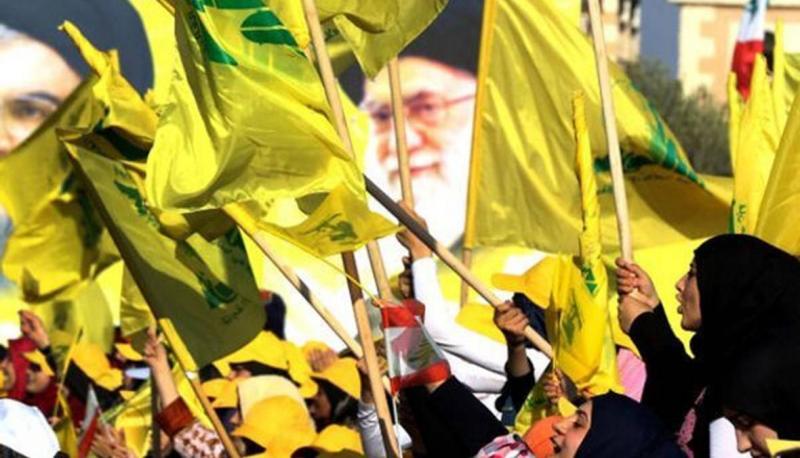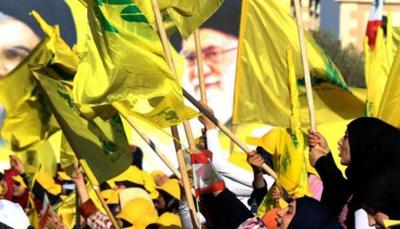The current situation in southern Lebanon stands at a crossroads between escalating the war and controlling it, culminating in an end to the ongoing confrontations along the northern front, which have begun to extend into deeper Lebanese and Israeli territories. This situation keeps attention fixed on Washington, which continuously pressures Israeli Prime Minister Benjamin Netanyahu, insisting on favoring the diplomatic option over any choice that would place Lebanon and the region on the brink of war—certain to destabilize the area and threaten efforts aimed at reaching a settlement that, under the current circumstances, does not seem feasible unless the diplomatic solution is prioritized. This could start with a ceasefire on the Gaza front, which is expected to extend to the Lebanese front, halting Hezbollah’s support for Hamas.
While the situation in southern Lebanon continues to balance between the expansion of war, driven by Israeli decisions—even though Hezbollah is not seeking it, it is preparing for such an eventuality—and the defusing of tensions, a political source closely tied to ongoing international and Arab communications has the impression that there is considerable difficulty in expanding the conflict, due to insights not available to those outside decision-making circles. However, he does not rule out Netanyahu's potential to evade U.S. pressures, which is a concern for Parliament Speaker Nabih Berri, who is negotiating with U.S. mediator Amos Hochstein, commissioned by Hezbollah, to achieve sustained calm in southern Lebanon, beginning with a ceasefire in Gaza.
The political source told "Asharq Al-Awsat" that the preparations on both sides of the border—whether by Hezbollah or Israel—have not yet reached critical alert status and remain defensive. What obscures them from view is the increasing tempo of mutual threats, aimed at raising expectations to improve their conditions in the settlement that the American mediator will resume marketing the day after the ceasefire in Gaza. Will the American diplomatic solution see the light of day?
He revealed that Lebanon is currently placing its political cards into the American basket to increase the pressure Washington exerts on Netanyahu, with backing from European Union countries, who continuously warn through their envoys to Beirut and Tel Aviv about the dangers of expanding the war, especially since the leadership of the international forces (UNIFIL) has been informed by Hezbollah that it has no intention of expanding the conflict. It has stated that it must occasionally target deep Israeli areas in retaliation for attacks on Lebanese depth in Bekaa and areas south of the Litani River.
The same source believes that Washington is cautious about what it has heard from Tehran, that it will not sit idly by should Israel expand the conflict. This underlies its warnings to Netanyahu that such a war could spread to the region, destabilizing it. The American administration, during its reception of Israeli Defense Minister Yoav Galant and other Israeli officials, insists on cautioning against being drawn into war, given its military repercussions that could extend throughout the region.
He noted that the exchange of pressures and threats between Hezbollah and Israel serves as an impetus for Washington to intervene in seeking a settlement that restores calm to southern Lebanon. He warned that Tel Aviv has begun implementing a comprehensive military plan intended to turn the area south of the Litani into an uninhabited wasteland, making it impossible for Hezbollah's elite forces to be positioned there, potentially forcing them to reconsider their deployment in the region—a point communicated by several ambassadors from European Union countries.
However, according to Hezbollah sources for "Asharq Al-Awsat", the party is concerned about the promotion of such information, specifically regarding some ambassadors’ claims that Israel has managed to destroy more than 60% of its military infrastructure, interpreting it as part of a psychological warfare campaign aimed at diminishing the resistance’s resolve.
Meanwhile, Lebanese political sources accompanying the communications led by caretaker Prime Minister Najib Mikati and Foreign Minister Abdullah Bou Habib, in coordination with Speaker Berri—who leads negotiations to calm the situation in the south—confirm to "Asharq Al-Awsat" that the timeframe set by Hochstein for reaching a settlement that reinstates the situation in the south to what it was before Hezbollah decided to engage in conflicts to support Hamas is still active and has not yet expired.
These political sources emphasized that this deadline coincides with the timeframe set by Israel to conclude its incursion into Rafah. They stated that hopes remain pinned on American pressure on Israel, specifically Netanyahu, after successfully garnering the support of most of his war team for preferring the diplomatic solution over war expansion. They questioned whether he would preempt his visit to Washington by placing it before an unavoidable reality represented by the war’s expansion. How would Washington react, given their ongoing reluctance to supply him with heavy weaponry necessary for destroying Hezbollah's fortifications or carrying out unprecedented explosions targeting its infrastructure and vital installations?
The lingering question remains: how will Iran respond in its confrontation against the war on Hezbollah? It finds itself with no option but intervention to maintain a crucial card that enables Hezbollah to secure its presence in the Middle East through the Lebanese front, which has allowed it to engage politically and have direct contact with occupied Palestine.




